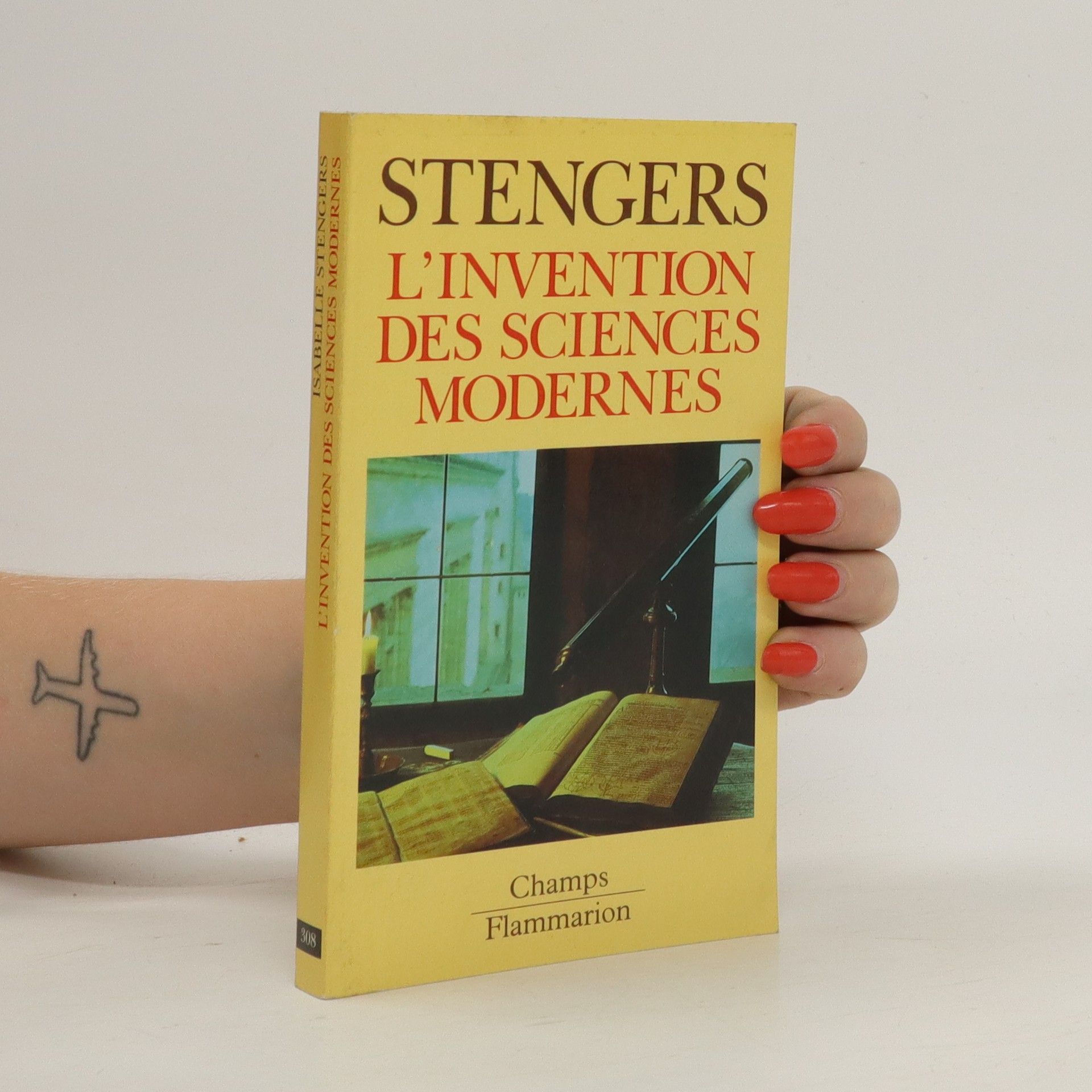Řád z chaosu : Nový dialog člověka s přírodou
- 316 stránek
- 12 hodin čtení
Podtitul: Nový dialog člověka s přírodou Kniha je širokým panoramatickým pohledem na změny v základech soudobé vědy, na proměny vztahu člověka a přírody. Prosazuje názor, že je třeba nastolit jednotu přírodních a společenských věd, překonat „dvojí kulturu“, tj. přírodovědnou a humanitní. Procesuálnost a dynamičnost světa, problém vznikání nového, otázka času a jeho fyzikálního určení, to vše zkoumáno na podkladu nikoli spekulativním, ale solidně vybudovaném na poznatcích přírodních věd, dává naději, že Prigoginova kniha by mohla působit v českém, byť opožděném překladu stejně podnětně jako v době svého vzniku, kdy se stala světovým bestsellerem.... celý text








